Trump’s visit to Saudi Arabia set to deepen US-Saudi economic ties in new tech era
- Update Time : Wednesday, May 14, 2025
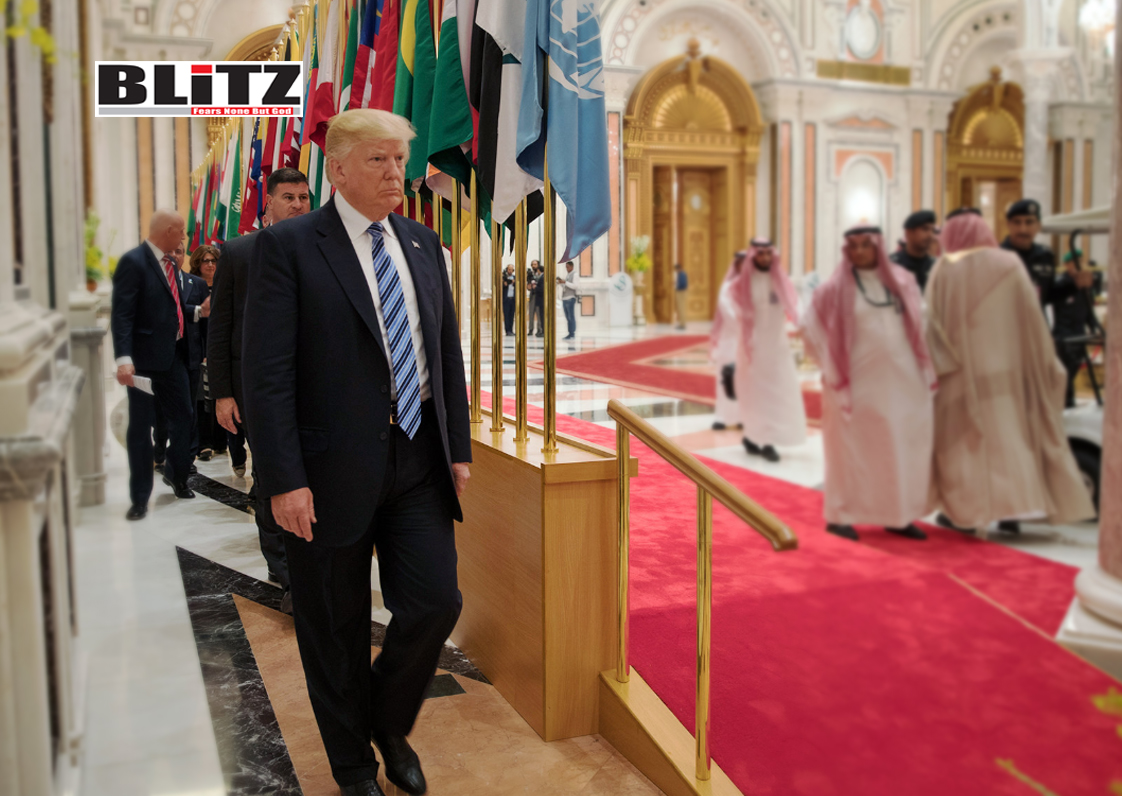
This year marks the 80th anniversary of the landmark US-Saudi partnership, a relationship born out of mutual strategic interest and sustained through decades of collaboration in energy, defense, and commerce. As this partnership enters a new era, President Donald Trump’s visit to Saudi Arabia is poised to significantly deepen economic ties, catalyzing fresh opportunities in digital innovation, artificial intelligence, and infrastructure development – all against the backdrop of Saudi Arabia’s Vision 2030 transformation agenda.
The foundation of the US-Saudi relationship was laid in 1945 when President Franklin D. Roosevelt and King Abdulaziz met aboard the USS Quincy. What began as a strategic alliance centered on oil has since evolved into a multifaceted relationship encompassing security cooperation, commercial investments, and increasingly, technology-driven innovation.
The United States has been instrumental in Saudi Arabia’s economic development, with American companies playing key roles in energy exploration, military support, and infrastructure. These collaborations have helped both nations address common geopolitical threats and promote regional stability. Yet today, the future of this alliance is shifting from oil fields to cloud platforms – from barrels to bytes.
Saudi Arabia’s Vision 2030 initiative is at the heart of this transformation. As the Kingdom diversifies its economy away from oil dependency, it is investing heavily in emerging technologies, digital infrastructure, and human capital development. American businesses, long established in the Kingdom, are uniquely positioned to contribute their innovation, investment, and expertise to this next chapter.
President Trump’s visit comes at a pivotal moment, not only symbolically aligned with the 80-year anniversary of the USS Quincy meeting but practically timed to support a series of bilateral agreements that will lay the groundwork for stronger economic interdependence.
While defense cooperation and energy remain essential pillars of the relationship, the anticipated agreements during Trump’s visit are expected to significantly boost collaboration in sectors critical to the Kingdom’s diversification goals. These include:
Artificial Intelligence and Digital Technology: Saudi Arabia has ambitious plans to become a global AI hub. American companies are already active in supporting these efforts through AI skilling programs, cloud service expansions, and infrastructure investments. A formal framework for AI cooperation between the two governments could unlock unprecedented potential.
Mineral Development: With an estimated $2.5 trillion in untapped mineral reserves, Saudi Arabia is looking to develop this sector as a new engine of growth. US mining and technology firms are likely to benefit from and contribute to these efforts, especially in areas like rare earth elements, essential for modern electronics and renewable energy solutions.
Giga-Projects and Infrastructure: American firms are expected to play a crucial role in delivering the Kingdom’s large-scale urban and industrial projects, such as NEOM – a $500 billion futuristic city – and the Red Sea tourism development. These projects represent not just construction opportunities, but a need for advanced transportation, environmental sustainability, and smart city technologies.
The US Chamber of Commerce has been a central player in fostering US-Saudi economic cooperation. Recently, the Chamber participated in the LEAP 2025 technology conference in Riyadh, where the momentum of this new digital partnership was on full display. American firms announced new investments in digital infrastructure, cloud computing, and AI training initiatives aimed at developing Saudi Arabia’s growing workforce.
The Chamber is also advocating for a broader strategic framework to enhance cooperation in key technological domains. These include quantum computing, data connectivity, cybersecurity, and 5G networks – all essential components for a modern, diversified economy.
As the Chamber sees it, the time is ripe to elevate the US-Saudi economic relationship to new heights, building on legacy industries while aggressively pursuing emerging ones. The objective is not merely to transact deals, but to form long-term partnerships that bring shared prosperity and resilience in a rapidly changing global economy.
Historically, the US-Saudi partnership has thrived on two central pillars: energy security and military cooperation. In the new era, a third pillar is taking shape – innovation. This does not mean the traditional sectors will be left behind. In fact, energy cooperation is evolving, with both nations exploring joint investments in renewables, hydrogen, and carbon capture technologies, reflecting global environmental priorities.
Security collaboration, too, remains strong, particularly as new technologies bring new risks. Cybersecurity, digital sovereignty, and data protection are becoming as critical as physical borders. American expertise in these areas offers both technical solutions and strategic reassurance for the Kingdom as it digitizes its economy.
But innovation, especially in artificial intelligence and digital infrastructure, represents the bold new frontier. Saudi Arabia’s vision to become an AI leader is not simply aspirational; it is backed by sovereign wealth, government policy, and a growing talent base. US technology companies are eager to be part of this transformation, not just as vendors but as strategic collaborators.
President Trump’s visit to Saudi Arabia marks more than a diplomatic occasion – it is a clarion call for a deeper economic alliance tailored for the 21st century. By building on the solid foundations of energy and defense cooperation, and by embracing innovation and digital technology, the US-Saudi partnership is preparing to meet the challenges of the future head-on.
The moment is rich with opportunity. If leveraged wisely, it can produce lasting economic benefits for both countries, deepen mutual trust, and serve as a model for economic diplomacy in an increasingly multipolar world.
As the US Chamber of Commerce continues to advocate for enhanced commercial ties, and as American companies respond to new opportunities in the Kingdom, the legacy of Roosevelt and Abdulaziz aboard the USS Quincy finds new life – not in oil tankers or air bases, but in fiber optics, data centers, and intelligent algorithms.
Eighty years on, the US-Saudi relationship is not merely enduring – it is evolving. And in that evolution lies the promise of shared prosperity and innovation.


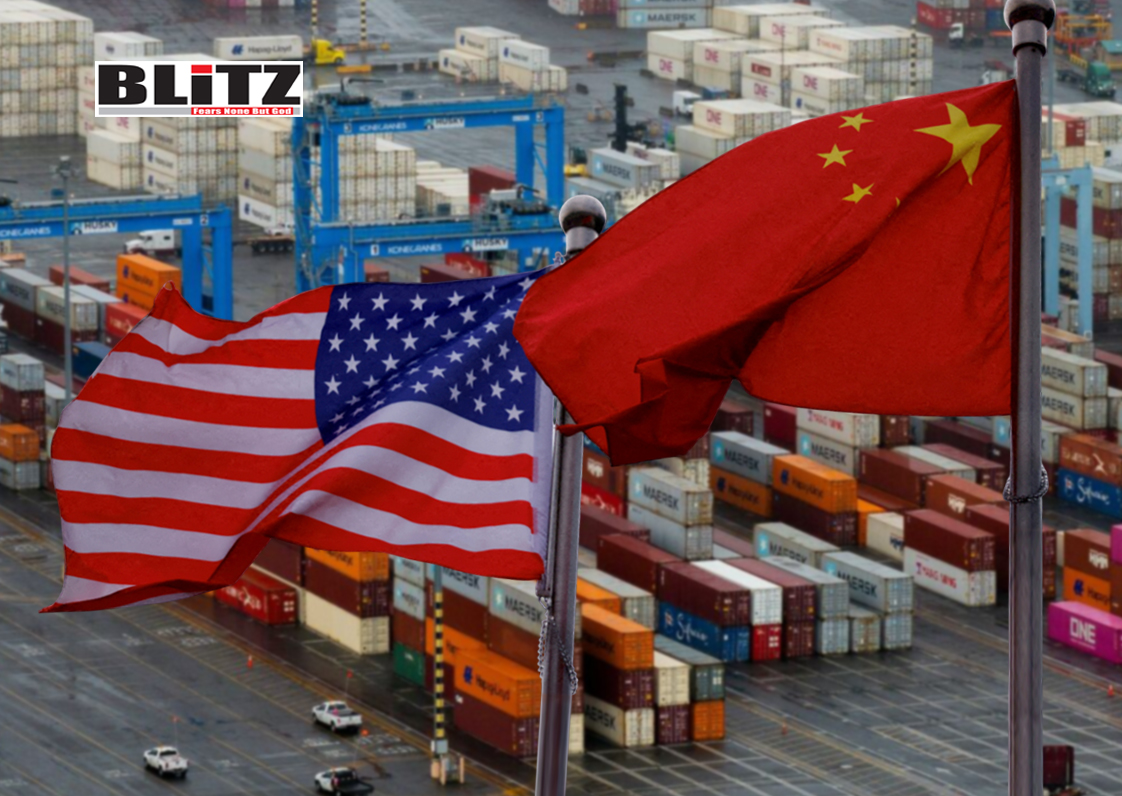


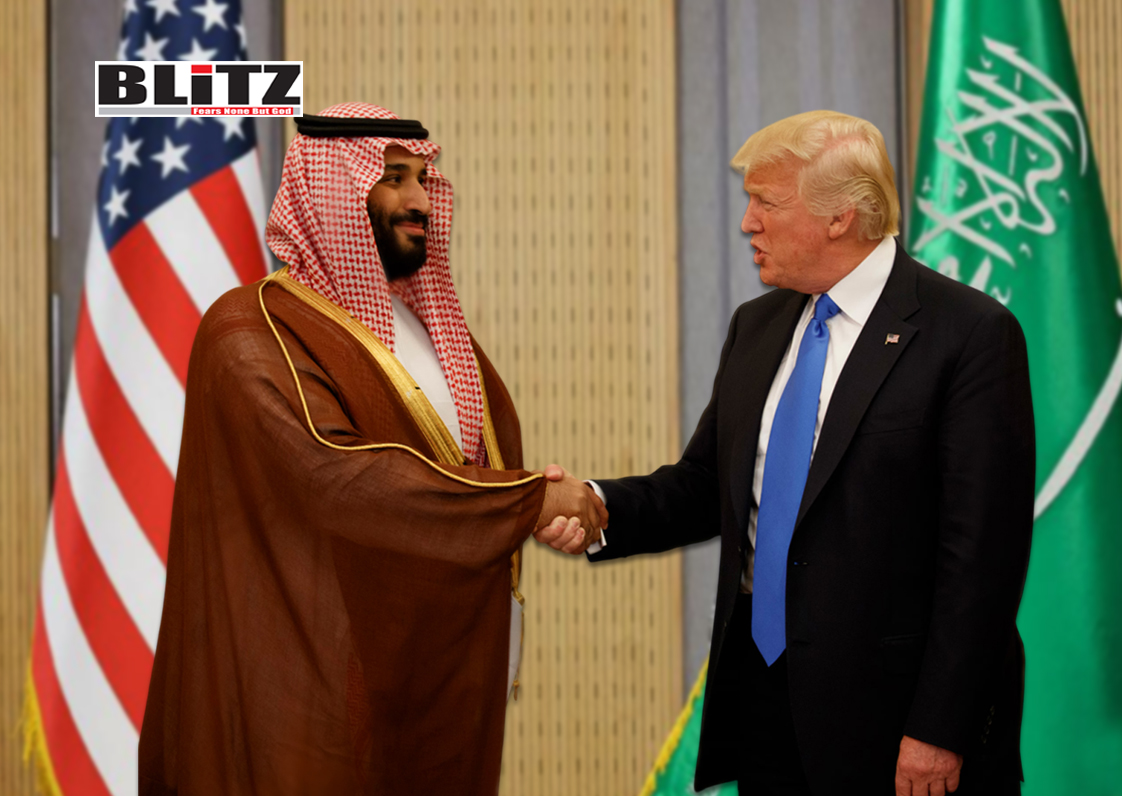
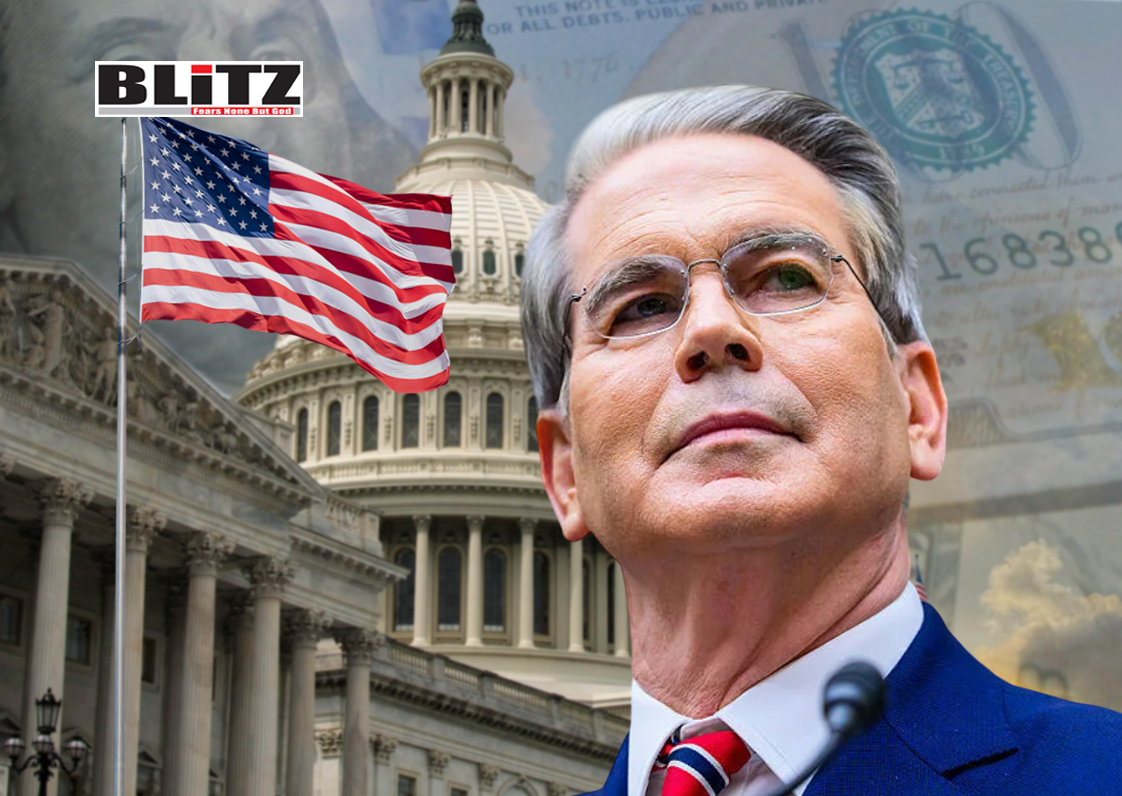
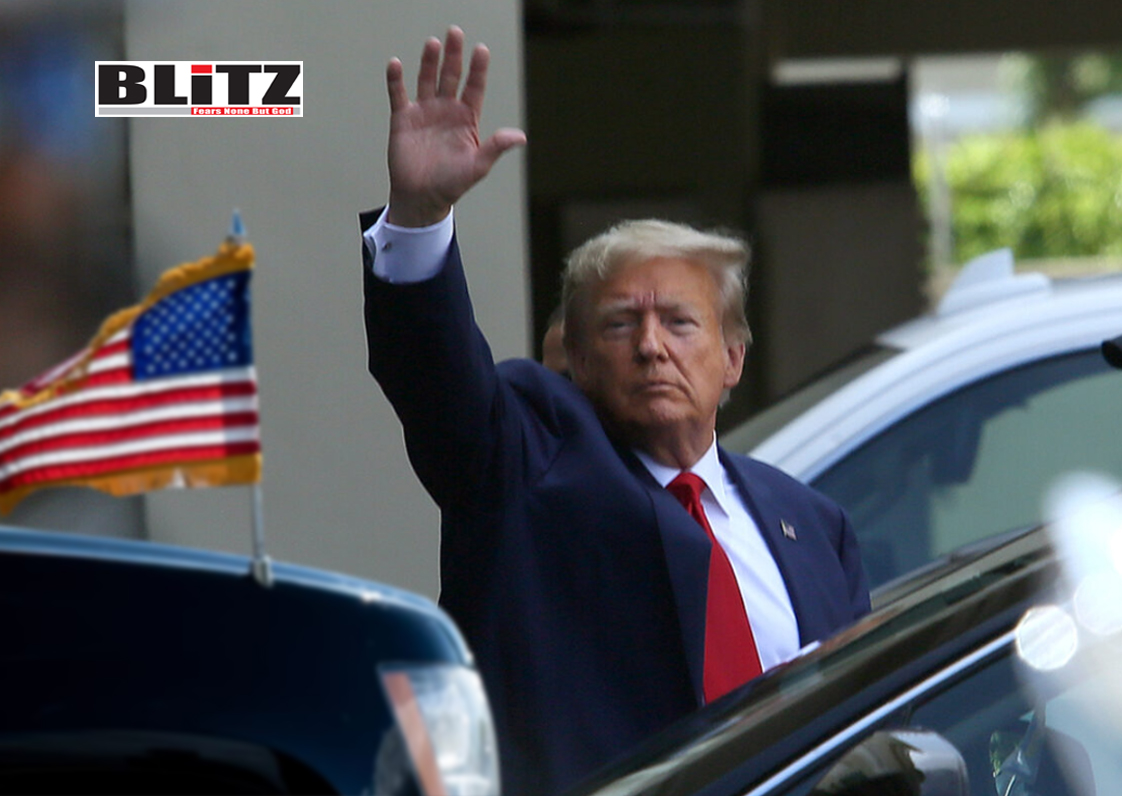
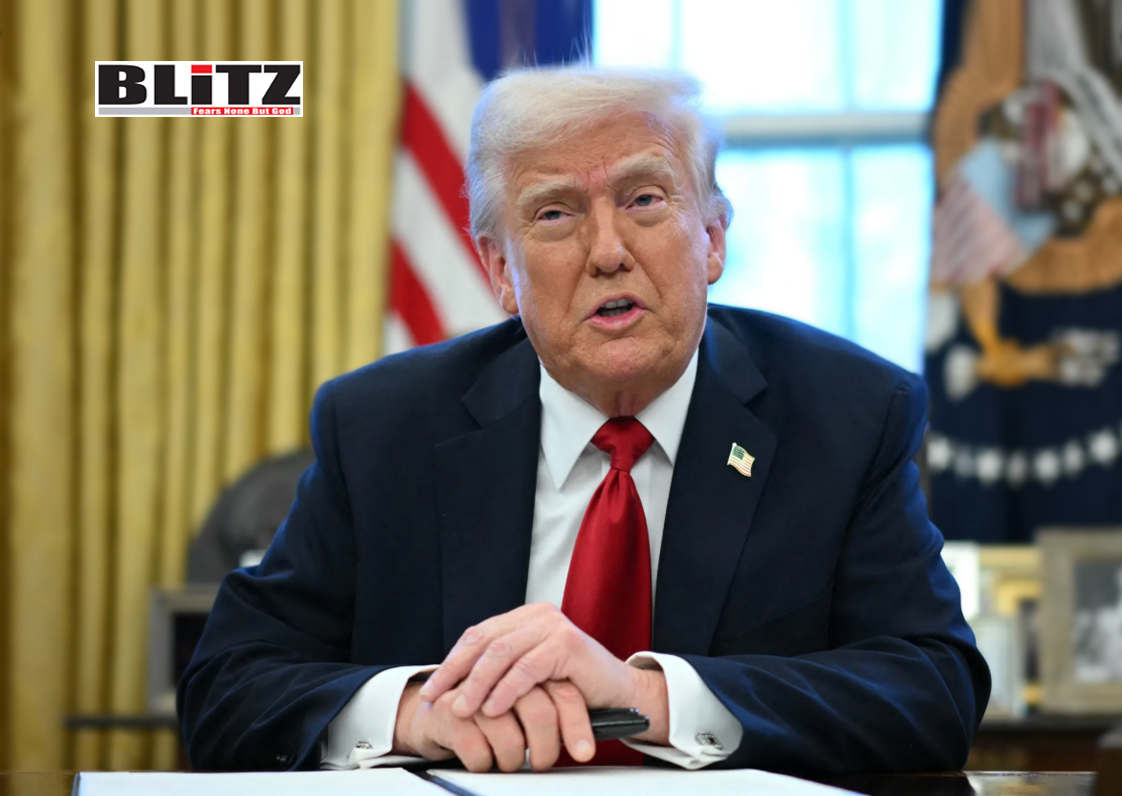
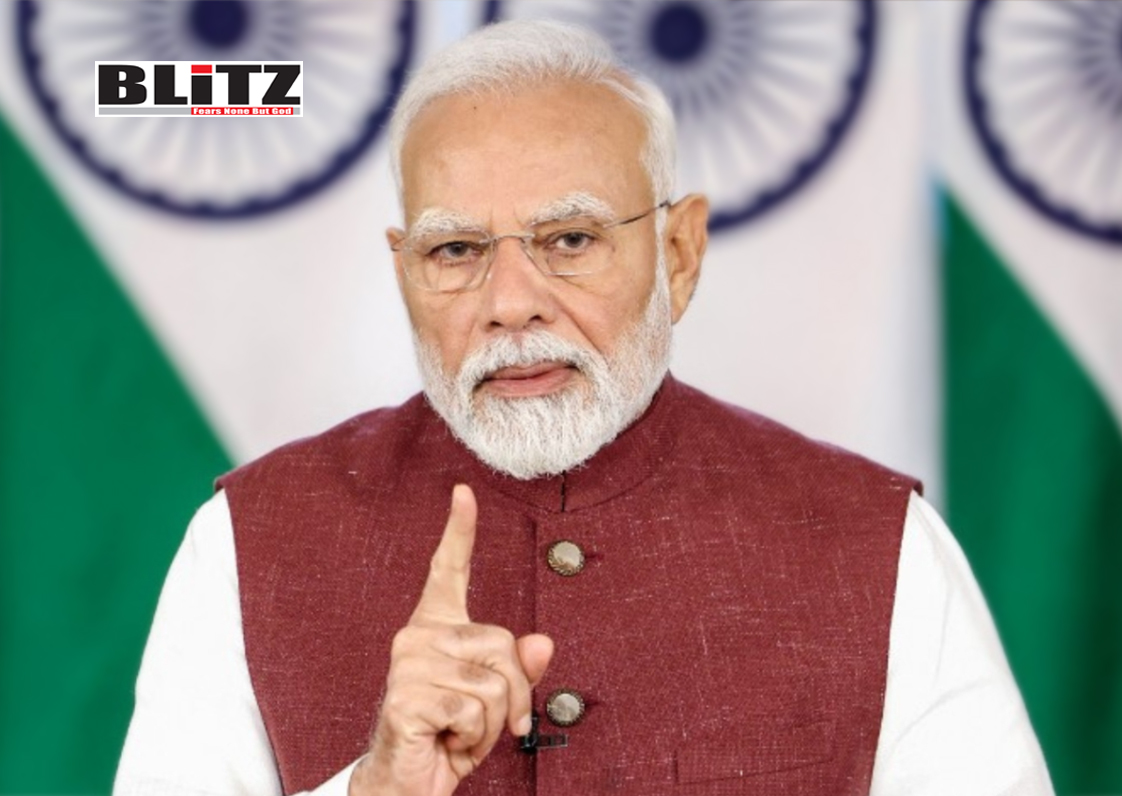
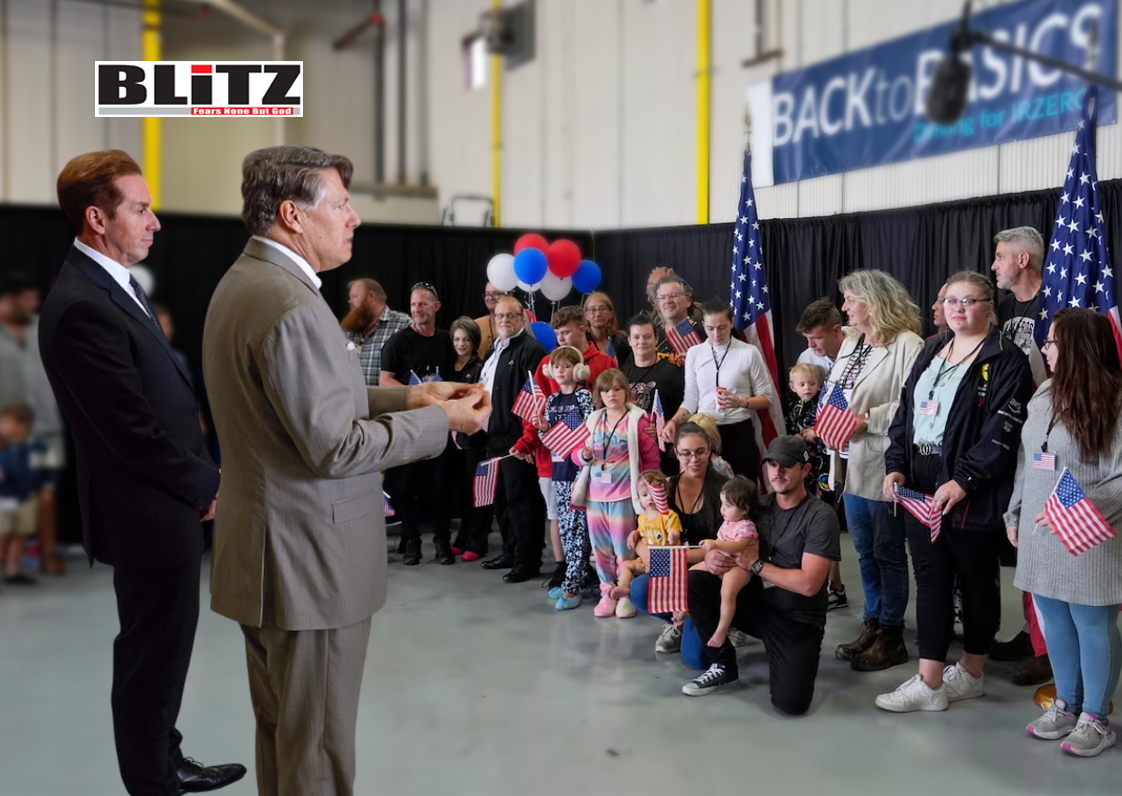
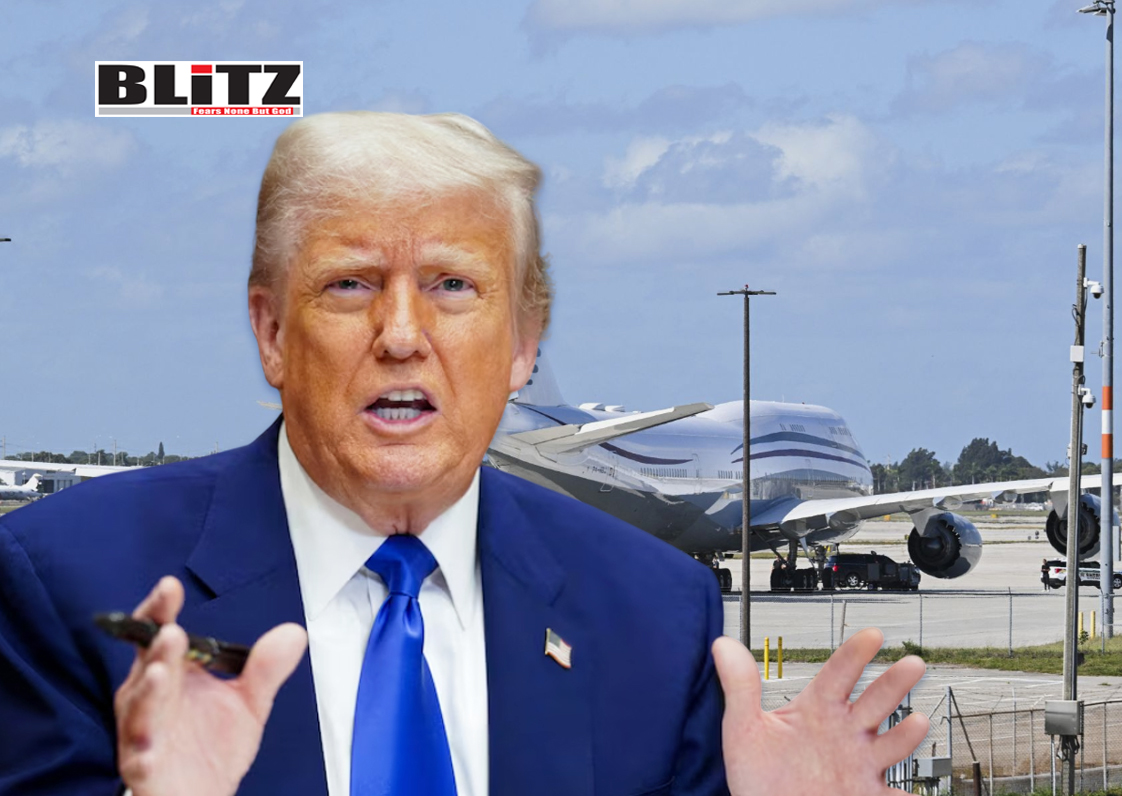

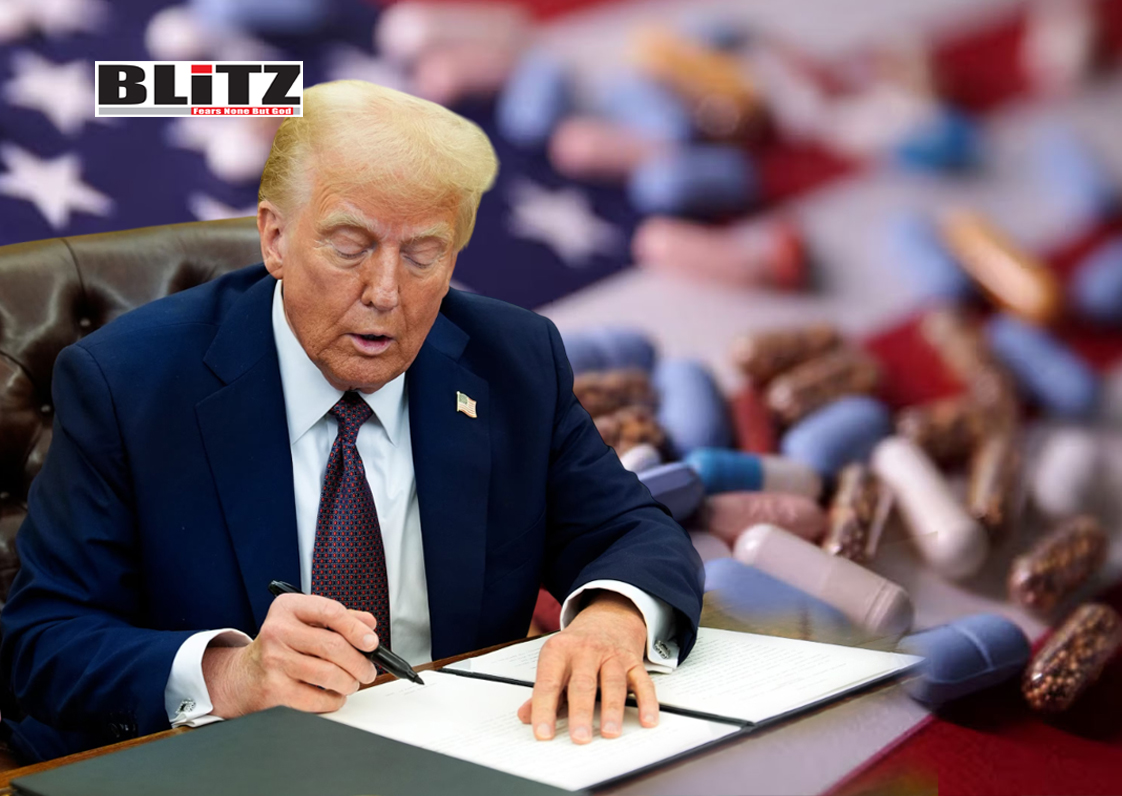
Leave a Reply